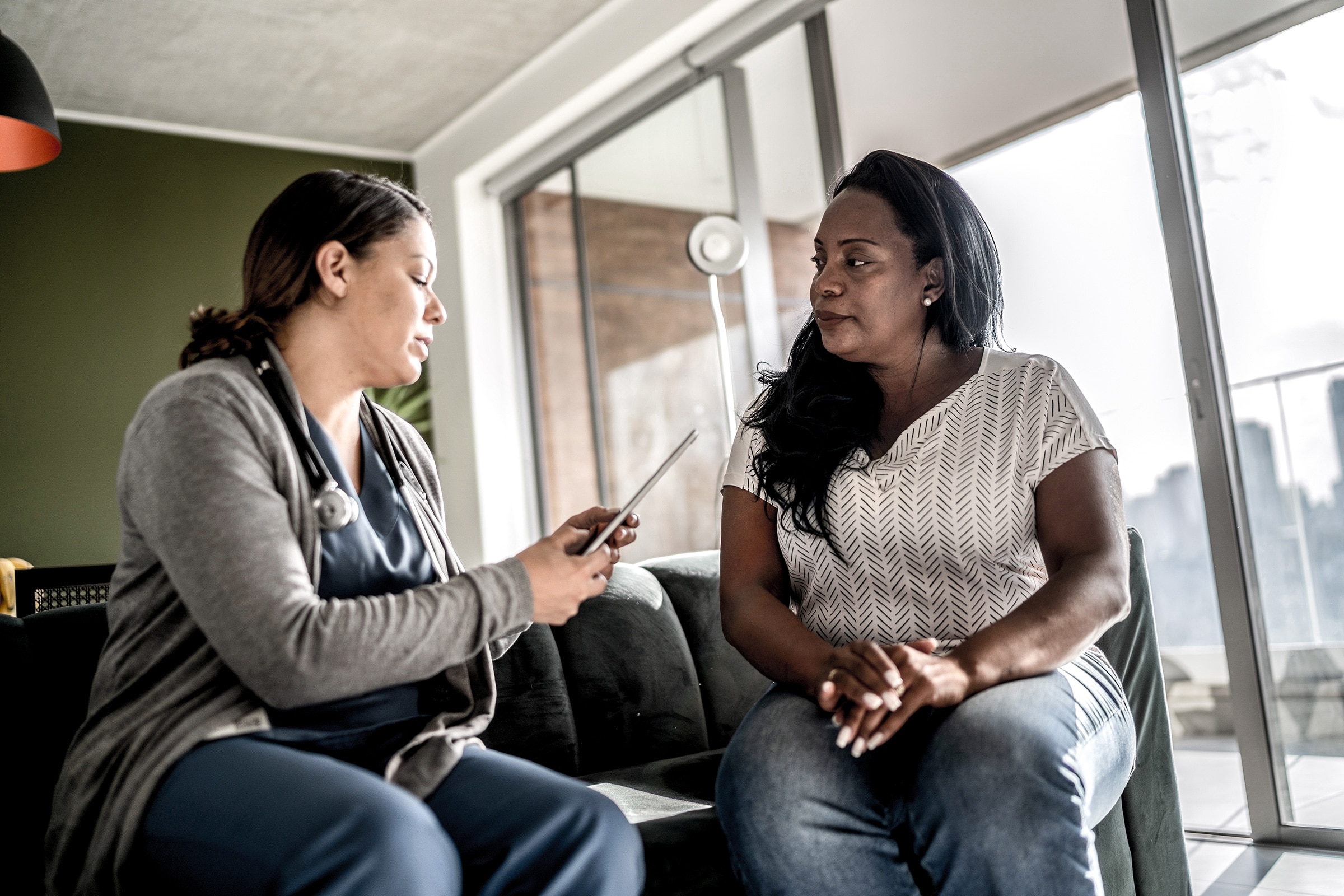An incisional hernia develops at or near an incision site after surgery. This type of hernia occurs in approximately 15% of patients and it’s more likely to occur after an emergency surgery that requires a large incision. If the edges of the incision aren’t properly aligned – or if your muscles that have been cut during surgery don’t fully heal – tissue may protrude through the incision site, resulting in a hernia.
What are the symptoms of an incisional hernia?
The most common sign that you have an incisional hernia is a bulge near your incision site or surgery scar. It is most noticeable when you stand up, cough, lift something heavy or strain your abdominal muscles. An incisional hernia usually develops within weeks after surgery, but it can also develop over a longer period of time – sometimes months or even years.
Will an incisional hernia heal on its own?
Like other hernias, an incisional hernia cannot heal itself, but it can almost always be treated effectively with surgery. If left untreated, however, an incisional hernia can cause serious complications such as a bowel obstruction (resulting in severe pain, nausea or constipation) or intestinal strangulation, if the trapped section of the intestines does not get enough blood.
How long can an incisional hernia be left untreated?
If you suspect you have an incisional hernia, don’t delay getting treatment. Depending on the severity of your hernia, there are some at-home measures you can take to help relieve hernia pain until you can be treated by an experienced hernia surgeon. Here are some tips we recommend:
- Avoid lifting heavy objects and other strenuous exercise or activities.
These activities may result in increased pressure and strain that could worsen your hernia. Stick to light and low-impact exercises like walking or swimming. Remember to listen to your body; if an exercise or activity is causing discomfort, avoid it until you can seek treatment. - Maintain a healthy weight.
Extra weight can exacerbate hernia pain. If you are overweight and dealing with a hernia, losing a few extra pounds may help you improve your symptoms and avoid certain complications such as strangulation. - Modify your diet.
Diet can play a big role in controlling hernia symptoms. Eating smaller meals and avoiding foods that may cause constipation or other discomfort can provide hernia relief. - Over-the-counter medications may relieve symptoms.
If advised by your doctor, over-the-counter medications like Tylenol and ibuprofen may be used temporarily to relieve mild pain and discomfort caused by a hernia.
It’s important to note that some incisional hernias will require immediate surgery and should not be delayed. While others may not require emergent surgery, all incisional hernias will eventually need surgical repair. Your physician will be able to help determine best treatment plan for your specific case.
How do you treat an incisional hernia?
Although the tips above may provide non-surgical relief from hernia symptoms, these measures are not intended to replace the need for surgery. Fortunately, hernia repair surgery is common and usually successful, but it’s important to choose a surgeon who specializes in hernia repairs to help avoid recurrence and other complications.
Selecting an experienced hernia surgeon with a high level of technical skill will significantly reduce the risk of recurrence or other complications. At the Hernia Center of Northeast Georgia Medical Center (NGMC), our hernia repair surgeons are experienced and highly skilled in open, laparoscopic and robotic hernia repair. Our surgeons also successfully treat patients who had initial hernia repair elsewhere but need revision surgery because their hernia has returned.
Treating a Hernia
Our surgeons each perform between 15 to 30 hernia surgeries a month. This means that by choosing the Hernia Center of NGMC, you will see a hernia doctor who is highly experienced and will provide the highest quality hernia repair and surgical care possible. In fact, our hernia surgeons at the Hernia Center have been recognized by Surgical Review Corporation for their quality outcomes and expertise.
Next Steps
Contact us today for an appointment. If you think you have a hernia, don’t delay getting treatment. Call 770-219-4040 today to speak to our care team about questions or to schedule an appointment.


